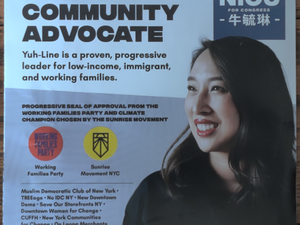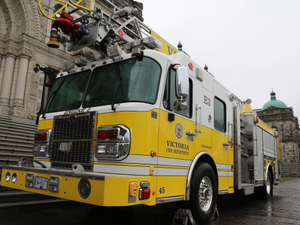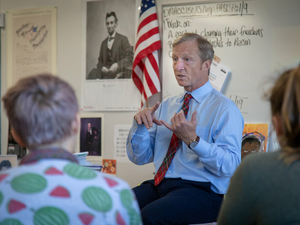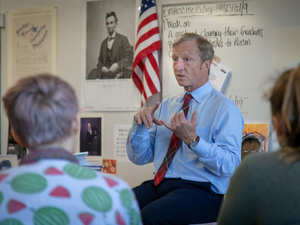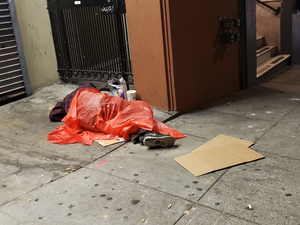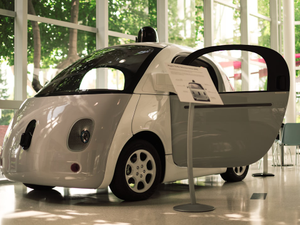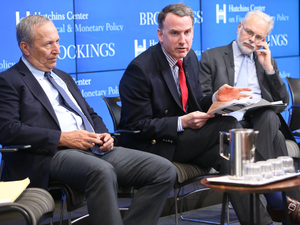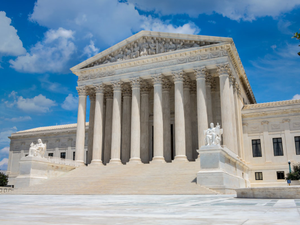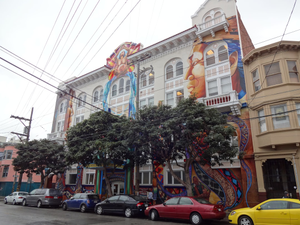Gig Workers Unite: California Ride-Share Drivers Score Major Union Victory
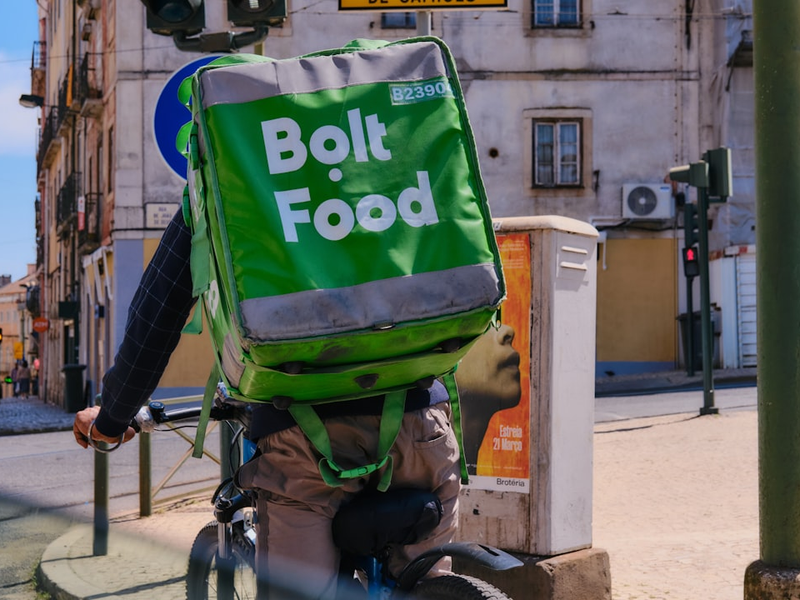
Photo by Precious Madubuike on Unsplash
California’s ride-share drivers are about to experience a game-changing transformation in their work landscape. Governor Gavin Newsom has signed groundbreaking legislation that will allow more than 800,000 drivers for companies like Uber and Lyft to unionize, marking a significant milestone in the ongoing battle for workers’ rights in the gig economy.
The new law represents a complex compromise between labor unions, tech companies, and state lawmakers. Drivers will now have the ability to collectively bargain for better wages and benefits while maintaining their status as independent contractors. This legislative victory comes after years of legal and political struggles that have seen drivers fighting for fair treatment and compensation.
Under the new measure, ride-share companies will be required to negotiate in good faith with worker unions. While the legislation doesn’t cover delivery app drivers like those working for DoorDash, it’s still a substantial step forward for gig economy workers in California.
Drivers have long complained about issues like unexpected app deactivations, lack of job security, and minimal worker protections. Ana Barragan, a Los Angeles gig driver, expressed hope about the new law, stating that drivers now have a chance to challenge unfair practices and have a meaningful voice in their work conditions.
Interestingly, the legislation is part of a broader negotiation that also includes reduced insurance requirements for ride-share companies. Uber and Lyft have argued that these insurance mandates have historically driven up fare prices in California.
Rideshare Drivers United, a Los Angeles-based advocacy group, while supportive, believes the law could be stronger. They’re pushing for additional transparency, such as requiring companies to report wage data, similar to successful models in New York City.
California is now the second state, after Massachusetts, to provide such unionization rights for ride-share drivers. The law signals a potential nationwide trend in recognizing and protecting gig economy workers’ rights.
For many drivers, this legislation represents more than just policy, it’s a step toward dignity, fair compensation, and professional respect in an industry that has often treated workers as disposable resources.
AUTHOR: tgc
SOURCE: CNN

